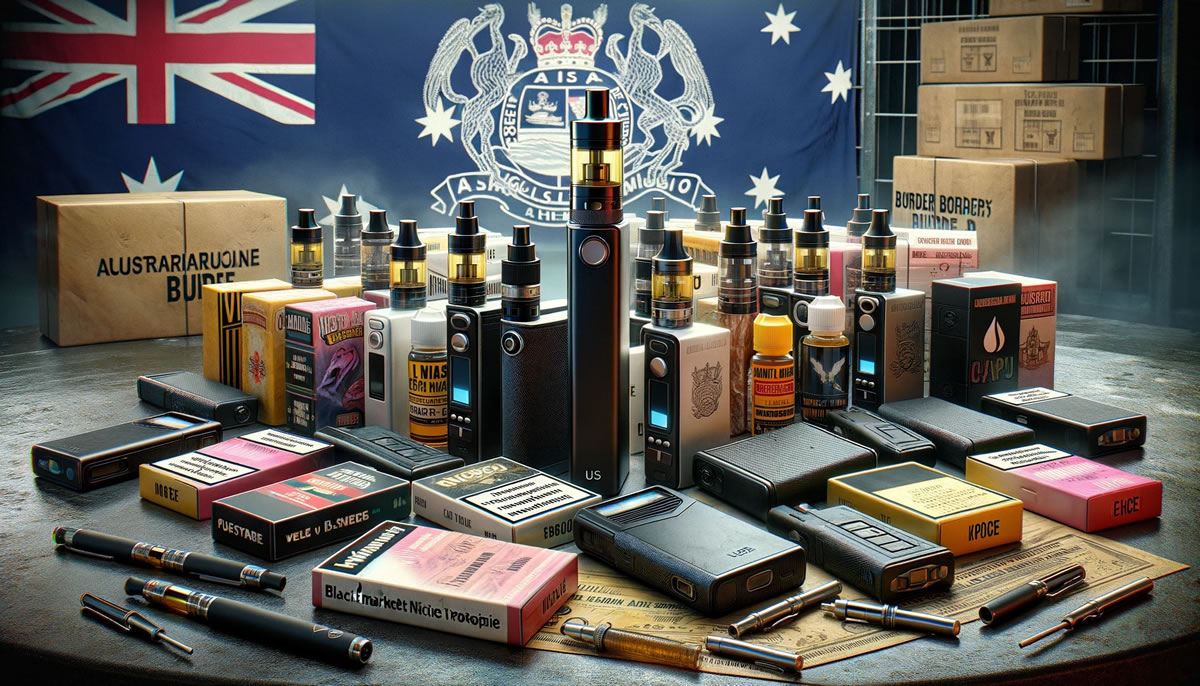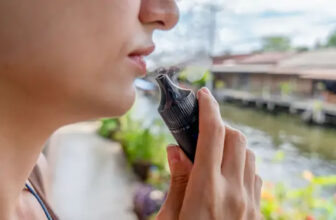
Joining earlier efforts against disposables, Australia now plans prohibiting all single-use vape imports beginning January 1, 2024. Additionally proposed manufacturing and sales bans aim to curb surging youth addiction rates.
Youth Usage Stats Prompt Crackdown
Citing alarming teen vaping adoption, Australia contends these products evolved from smoking cessation tools into dangerous recreational gadgets. "It was not sold as a recreational product, especially not one targeted to our kids, but that is what it has become," said Health Minister Mark Butler.
About 14% of Aussies ages 14-17 now vape, the government reports. Research also links youth vaping to 3 times higher tobacco smoking likelihood, provisioning a "gateway" effect.
Medical Praise and Caution
Australian physician groups praised the decisive actions given longstanding vaping concerns. "You can understand how at the population level, increased vaping and a resurgence of tobacco use will impact population health in the future," said researcher Kim Caudwell.
However, the ban also introduces legal vape access pathways for doctors and nurses assisting smoker cessation "where clinically appropriate." Potential public health trade-offs remain contentious.
Industry Questions Feasibility
While supporters consider the import prohibition justified to protect teens, opponents argue feasibility concerns regarding enforcement. "Does the government have the resources to stop the illegal importation of nicotine e-cigarettes?" asked opposition leader Peter Dutton.
Critics suggest clandestine channels may emerge reminiscent of illicit recreational drugs. They recommend regulatory frameworks similar to tobacco and alcohol over suppression policies that could backfire.
Anti-Smoking Leadership Risks Policy Whiplash
The impending vape prohibitions represent another bold stroke cementing Australia’s reputation as the developed world’s anti-smoking vanguard. Past milestones include pioneering 2012 plain packaging rules and ultra high cigarette taxes.
Yet the government risks overreaching given vaping’s harm reduction potential for inveterate smokers. Neighboring New Zealand is already reversing its once parallel stance against nicotine. And objective science still debates vaping’s population-wide benefits versus adolescent threats.
While few disagree action against youth vaping proves warranted, the right balance remains elusive between saving lives and creating criminals. Australia’s 2024 import ban marks just the next phase of this complex, high-stakes experiment.







